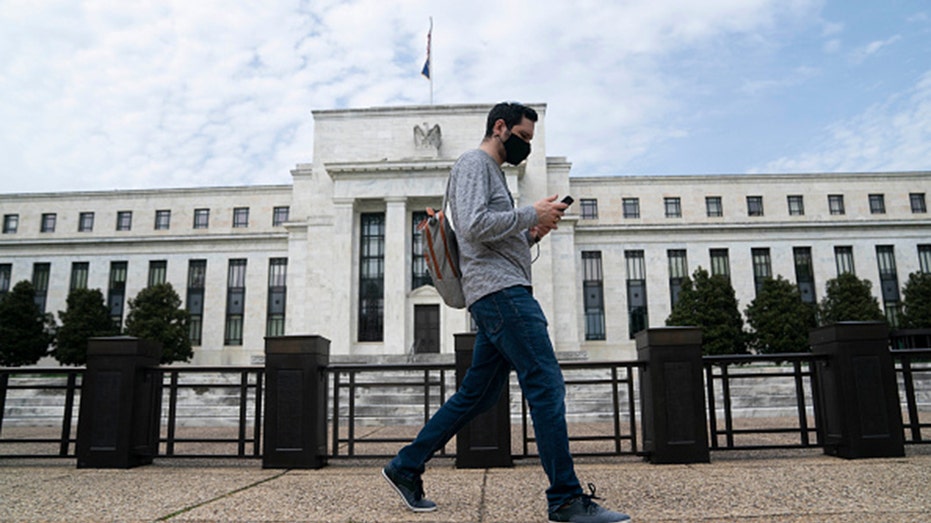Fed adopts strict stock-trading rules for its officials after ethics scandal
Fed officials banned from buying individual stocks, holding crypto under new rules
Fed raising rates is ‘good’ for economy improving long term: Brian Belski
BMO Capital Markets chief investment strategist Brian Belski discusses his market outlook.
The Federal Reserve on Friday adopted a set of strict restrictions on trading by policymakers and other senior staffers in the wake of an ethics scandal that led to the resignation of three top officials and threatened to undermine the public perception of the U.S. central bank.
Under the new rules, senior Fed officials are barred from buying individual stocks or holding investments in individual bonds, agency securities, cryptocurrencies or foreign currencies. They will also be required to provide 45 days of non-retractable notice for purchases and sales of approved securities, like mutual funds, as well as obtain prior approval for such transactions and agree to hold the investments for at least one year.
FED SIGNALS 'FASTER' INTEREST RATE LIFTOFF LIKELY AS INFLATION SOARS
Purchases and sales will be prohibited during periods of "heightened financial market stress."
The rules take effect at the beginning of May. Officials covered by the new guidelines will have until May 1, 2023 to dispose of all impermissible holdings.

Federal Reserve Board Chair Jerome Powell testifies before Senate Banking, Housing, and Urban Affairs hearing to examine the Semiannual Monetary Policy Report to Congress, Thursday, July 15, 2021, on Capitol Hill in Washington. (AP Photo/Jose Luis Magana / AP Newsroom)
"The rules, which were first announced in October 2021, aim to support public confidence in the impartiality and integrity of the Committee's work by guarding against even the appearance of any conflict of interest," a Fed news release accompanying the rules said. "The Federal Reserve expects that additional staff will become subject to all or parts of these rules after the completion of further review and analysis."
The Fed put the new regulations in place after two top officials – Robert Kaplan, president of the Federal Reserve Bank of Dallas, and Eric Rosengren, president of the Federal Reserve Bank of Boston – resigned following revelations that they bought and sold stocks and real estate-tied assets in early 2020 as the central bank undertook aggressive policy action to bolster the economy at the start of the COVID-19 pandemic.
The Fed's departing vice chair, Richard Clarida, came under scrutiny shortly after that over a New York Times report that revealed he failed to initially disclose the extent of a financial transaction he made in early 2020, suggesting that he was actively trading just days before Chairman Jerome Powell suggested the central bank may swoop in to prop up in the economy.

A man wearing a mask walks past the U.S. Federal Reserve building in Washington D.C., the United States, on April 29, 2020. (Xinhua/Liu Jie via Getty Images / Getty Images)
In the wake of the trading scandal, Powell acknowledged the U.S. central bank's current rules dictating what its officials are allowed to invest in and trade are "not adequate" and need to be updated.
GET FOX BUSINESS ON THE GO BY CLICKING HERE
The rules previously banned senior officials from owning bank stocks, limited trading around monetary policy meetings and warned against any activity that could suggest a conflict of interest.
Still, some lawmakers want to see the U.S. central bank go further in limiting any possibility of conflict-of-interest violations.
Sen. Elizabeth Warren, for instance, has called on the Securities and Exchange Commission to investigate the Fed officials' trading to determine if it violated insider trading rules and had previously asked the central bank to disclose all ethics communications provided to officials in 2020 and 2021.





















